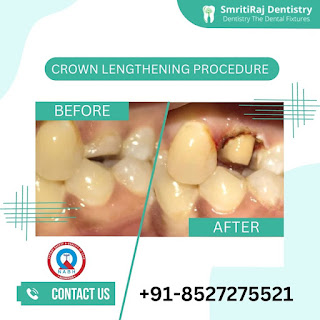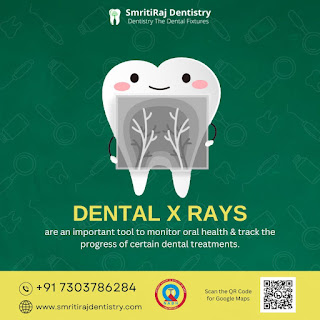What are the advantages of Invisalign clear braces over traditional braces?
Invisalign clear braces offer several advantages over traditional braces, making them a popular choice for many individuals seeking orthodontic treatment. Here are some of the key advantages: 1. Aesthetic Appeal - Invisibility: Invisalign aligners are transparent, making them virtually invisible. This is particularly appealing to individuals who may feel self-conscious about the appearance of traditional metal braces. 2. Comfort - Smooth and Comfortable: Invisalign aligners are made of smooth plastic, eliminating the discomfort and irritation often associated with the metal wires and brackets of traditional braces. - No Sharp Edges: There are no sharp edges or wires that can cause abrasions or injuries to the soft tissues of the mouth. 3. Removability - Removable Aligners: Invisalign aligners can be easily removed for eating, drinking, brushing, and flossing. This makes maintaining oral hygiene easier and allows for greater flexibility in terms of diet. 4. No Dietary
.jpg)



%20(5).jpg)
